November 5 is an important day in history. American politics witnessed a rare feat when Donald Trump won the presidential election and became only the second US president ever to serve non-consecutive terms.
If you are a history geek who loves to learn about important events from the past, Firstpost Explainers’ ongoing series, History Today will be your one-stop destination to explore key events.
On this day in 2013, India made history by launching its first interplanetary mission - the Mars Orbiter Mission (MOM), popularly known as Mangalyaan. The Vatican City was bombed on November 5, 1943, during World War II.
Here is all that took place on this day across the world.
Trump became the second president elected to a non-consecutive term
It was a rare feat for American politics when Donald Trump won the presidential election in 2024 and became only the second US president ever to serve non-consecutive terms.
Trump, who initially served as the 45th president from 2017 to 2021, lost the 2020 election but made a comeback in 2024 to become the 47th president. His victory echoes the only previous example of such a political resurgence, Grover Cleveland, who served as the 22nd and 24th president in the late 19th century.
The election result underscored both the scale of Trump’s political base and the depth of divisions in American politics. It also raised fundamental questions about the US electoral system, party dynamics, and the nature of leadership legitimacy in a hyper-polarised environment.
India launched the Mars Orbiter Mission
It was on November 5, 2013, that India launched its first interplanetary mission - the Mars Orbiter Mission (MOM), popularly known as Mangalyaan. Developed by the Indian Space Research Organisation (Isro), the spacecraft was launched aboard a Polar Satellite Launch Vehicle (PSLV-C25) from the Satish Dhawan Space Centre in Sriharikota, Andhra Pradesh.
The mission’s primary goal was to demonstrate India’s capability to reach Mars and conduct scientific research on the Red Planet’s surface, atmosphere, and mineral composition. Weighing around 1,350 kilograms, the orbiter carried five scientific instruments, including a Mars Colour Camera, Methane Sensor for Mars, and Thermal Infrared Imaging Spectrometer — all designed to study the planet’s morphology, atmospheric dynamics, and surface features.
After its launch, Mangalyaan embarked on a 300-day journey covering over 650 million kilometres. On September 24, 2014, it successfully entered Mars’ orbit, making India the first Asian nation and fourth space agency in the world to achieve the feat. Remarkably, India also became the first country to reach Mars’ orbit on its maiden attempt, a milestone celebrated globally for its scientific precision and cost-effectiveness.
The mission was completed on a modest budget of about Rs 450 crore (around $74 million), which is a fraction of what other countries had spent on similar missions, earning Mangalyaan the nickname “Mars mission on a shoestring.”
Bombing of the Vatican City
During World War II, no place was spared from the bombs and attacks. Vatican City was no different, as even after it had remained neutral during the war, it was bombed on November 5, 1943. The attack on the world’s smallest independent state and spiritual centre of the Roman Catholic Church shocked the global community.
At approximately 8:10 pm, a single aircraft flew over Vatican territory and dropped five bombs, one of which struck near the Vatican railway station and another close to the Palace of the Governorate. The explosions shattered windows, damaged walls, and caused minor injuries, though no fatalities were reported. Pope Pius XII was in residence at the time but remained unharmed.
The bombing raised immediate international outrage and confusion. Initial speculation blamed the Allied forces, but later investigations suggested the plane had likely originated from Fascist Italy or Nazi Germany, possibly as a warning to the Pope for his subtle criticism of Axis policies and his efforts to protect Jews and political refugees during the war.
While the Vatican did not retaliate or identify the culprit officially, the attack underscored the vulnerability of even neutral states amid global conflict. It also reinforced the moral and diplomatic challenges Pope Pius XII faced as he tried to balance neutrality with humanitarian advocacy.
This Day, That Year
On this day in 1940, Franklin D Roosevelt was elected to an unprecedented third term as president of the United States.
Sinclair Lewis became the first American to win the Nobel Prize for Literature in 1930.
Honduras declared its absolute independence, seceding from the United Provinces of Central America in 1943.


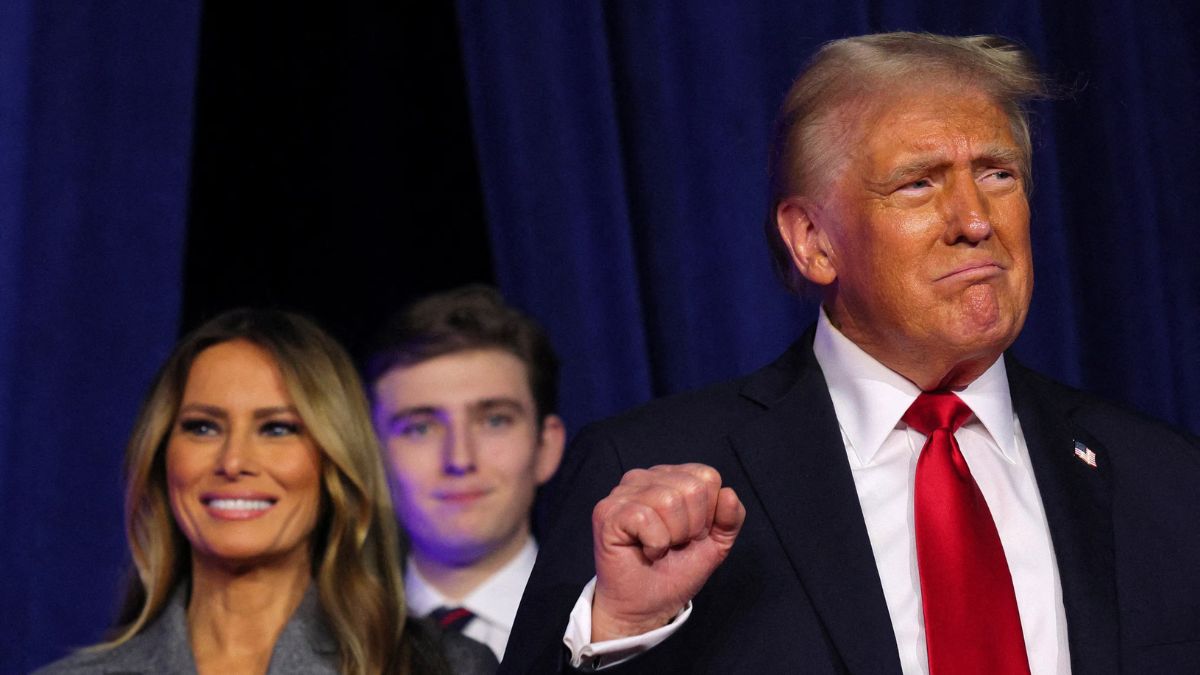)

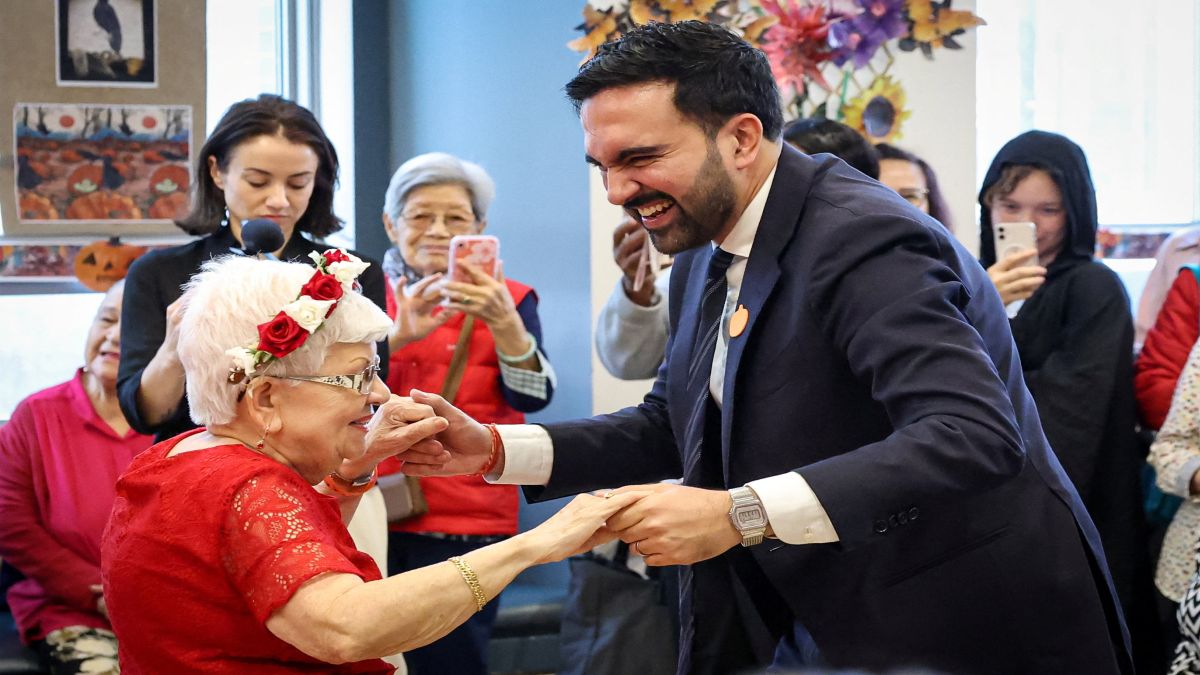)
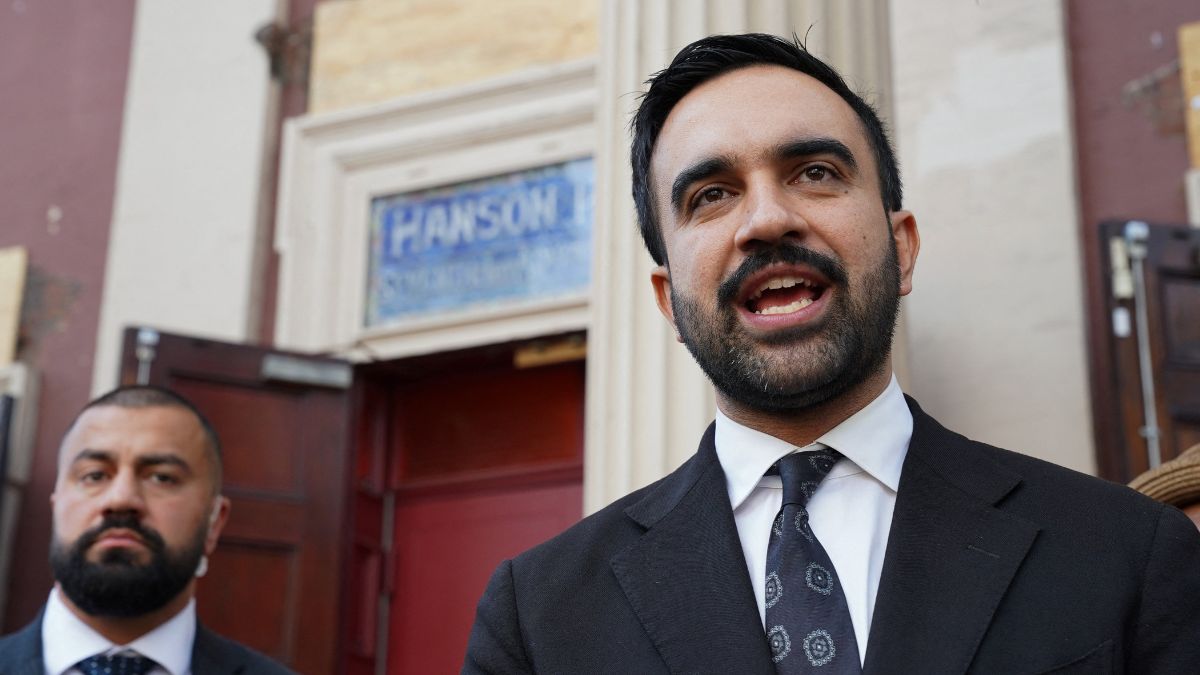)
)
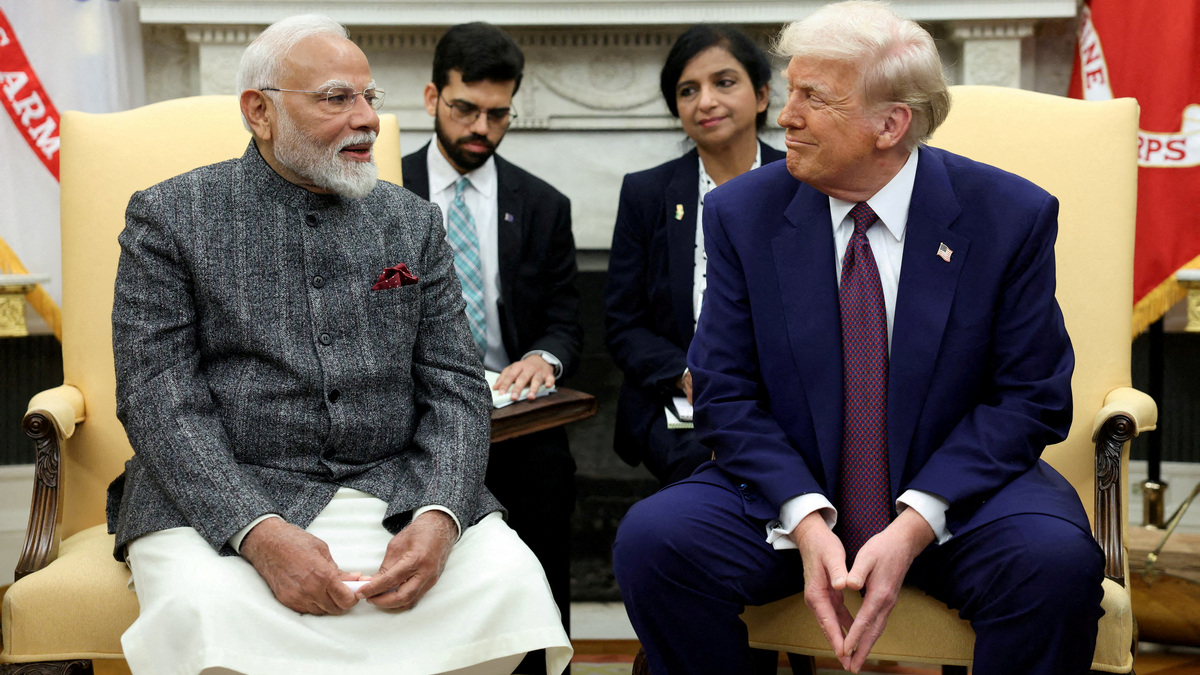)
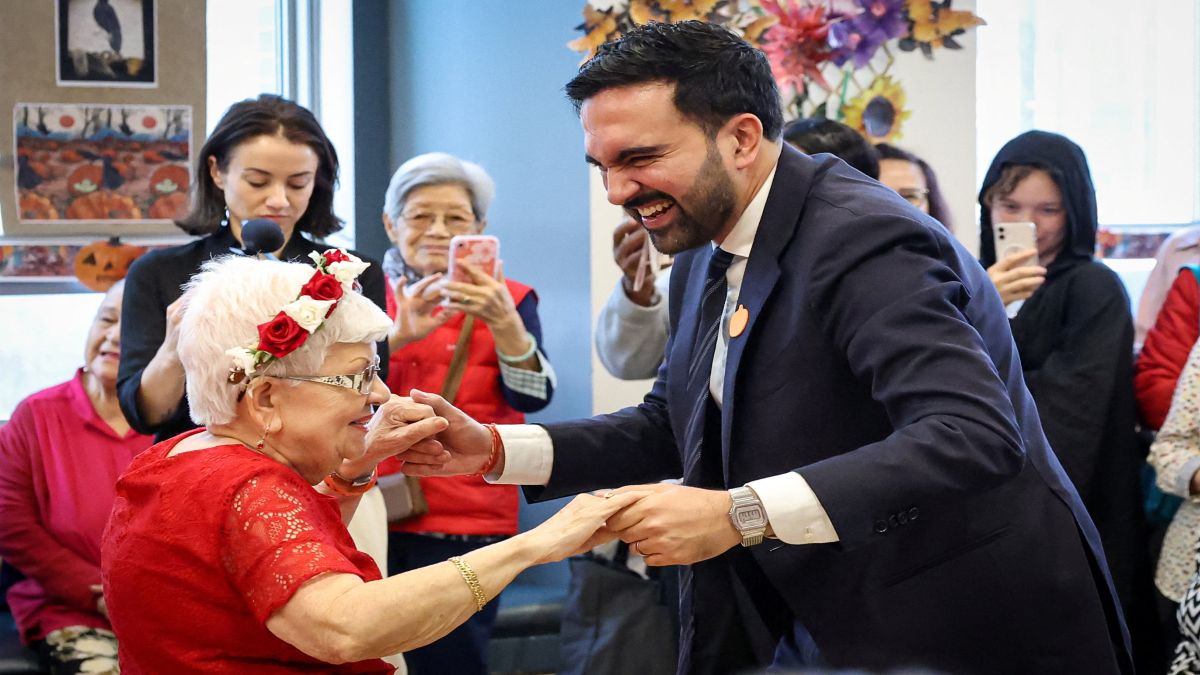)
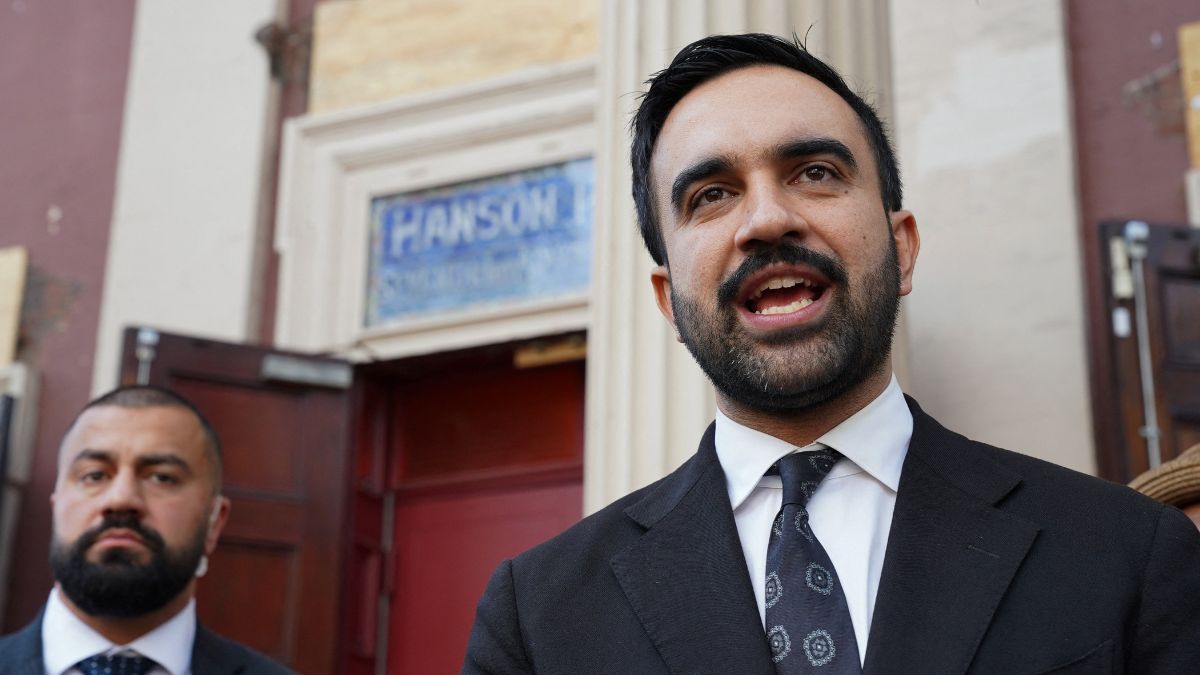)
)
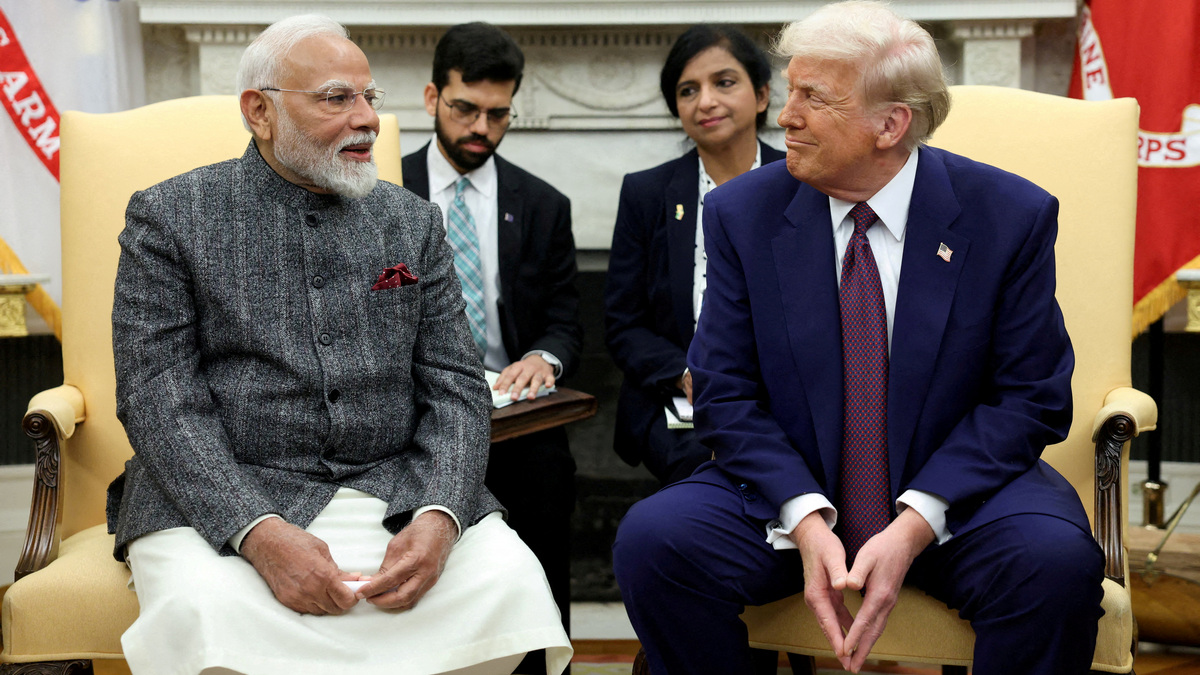)



